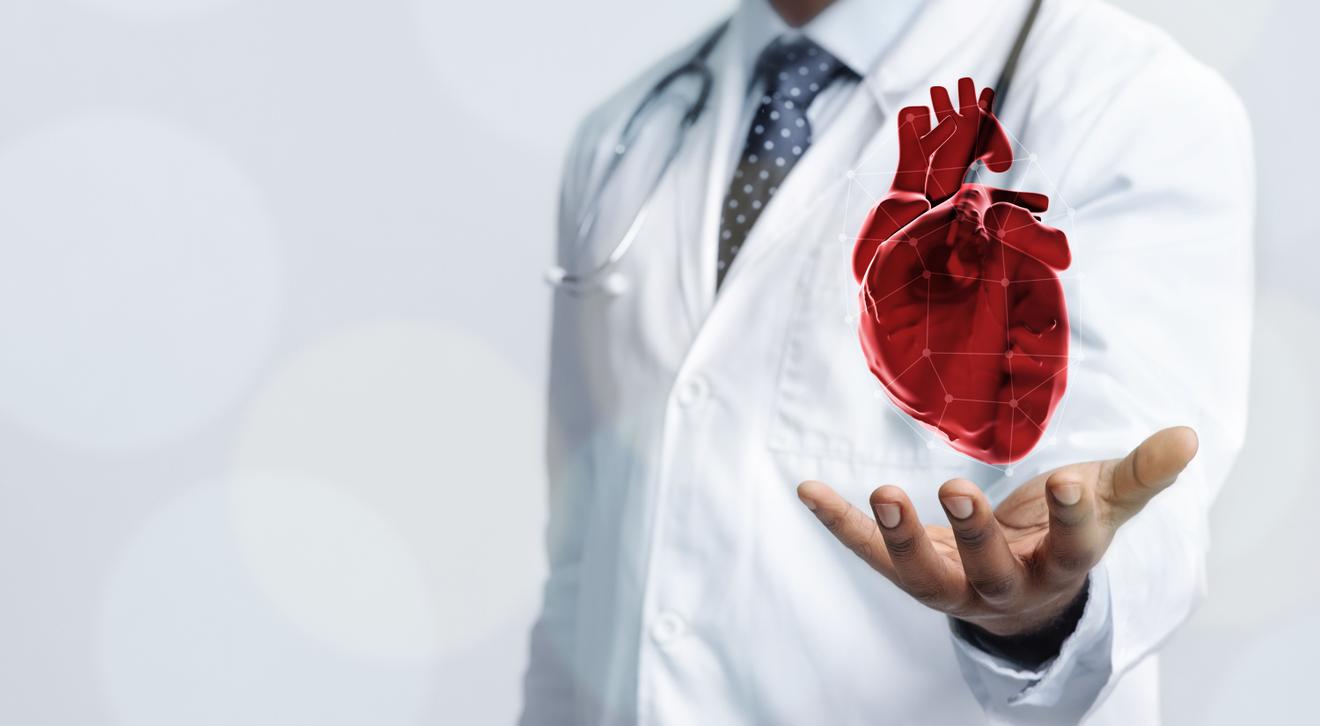Increased vigilance for cardiovascular adverse effects of immunotherapy
Immunotherapy engages a cancer patient's own immune system to fight the disease. This treatment is one of the most important breakthroughs of recent years. It is even seen as a revolutionary new medicine: immunotherapy is a real chance of recovery for previously difficult-to-treat cancers. However, this therapy may involve important adverse effects.
Cardiovascular screening can prevent dangerous side effects on the heart.Prof. dr. Lucas Van Aelst
Prof. dr. Lucas Van Aelst: “In immunotherapy side effects on the heart are often considered to be rare. Our study corrects this misconception and shows that common cardiovascular diseases, such as heart failure, myocardial infarction and stroke, occur more often in patients undergoing immunotherapy than in a control group, i.e. in over 10 per cent of all patients. Especially older patients or patients with pre-existing heart problem are at risk. This trial stresses the importance of cardiovascular screening prior, and increased vigilance during, immunotherapy treatment. This can prevent serious side effects on the heart.”
New protocol to preven anticoagulation in patients with a heart pump
Haemorrhages and thrombosis are the main causes of death in critically ill patients supported by mechanical heart pumps. Both can avoided by taking medication that regulates the blood's natural tendency to coagulate or clot, but this type of medication needs precise dosage.
Prof. dr. Christophe Vandenbriele: “The article proposes a new practical protocol for setting up an anticoagulant policy with the help of heparin, medication that can prevent or treat blood clotting. This protocol originated from a collaboration between clinicians from various hospitals, including UZ Leuven, and has not only been used as a standard by our own critical departments for some time but also in UK and American intensive care departments. Further research has to show whether the standardisation of this policy will indeed lead to a better survival rate in critically ill patients.”
Our protocol has been used as a standard both in- and outside UZ Leuven for some time now.Prof. dr. Christophe Vandenbriele

